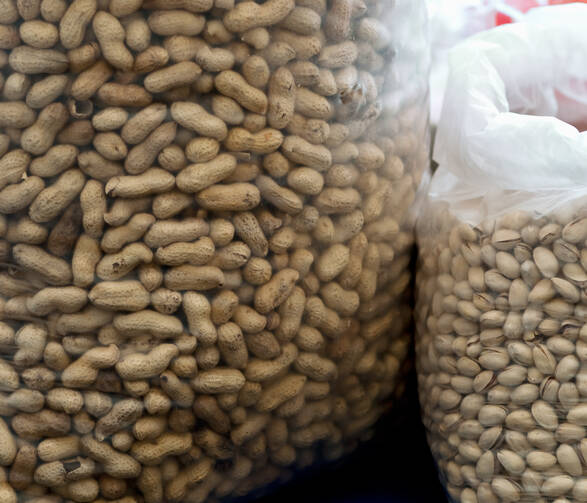Later this year, the Department of Agriculture will ship 500 metric tons of peanuts, packaged into individual servings for school children, to Haiti. Instead of celebrating, 61 aid groups working in Haiti have signed a letter calling for the immediate cancellation of the shipment. They are concerned that it will become “the latest in a long history of U.S.-sponsored programs that have destabilized Haiti’s agricultural sector, driving the nation further into poverty while increasing its dependence on foreign aid.”
Haitian farmers already produce plenty of peanuts, and a local supply and processing chain employs many Haitians; the aid groups estimate more than half a million Haitians derive income in some way from peanuts. In the 1990s, domestic rice production in Haiti was crippled after U.S. rice flooded the market through aid programs and because of lowered tariffs. Food imports are cheaper than Haiti’s domestic crops for a number of reasons, including greater efficiency from mechanization in the United States and decreased crop yield in Haiti due to environmental degradation. Many U.S. crops are also federally subsidized, with the federal purchase of excess production leading to stocks of food that need to be distributed somehow.
This link between food aid and farm subsidies is both economically and morally problematic. The U.S. government distorts the market at home while it undermines the ability of Haitian farmers to produce income for themselves. The current “solution” to this problem is to package peanuts for consumption as school snacks so they will not leak into the local market. A far better solution would be to package aid according to what might actually be best for Haiti rather than U.S. industrial agriculture interests.








